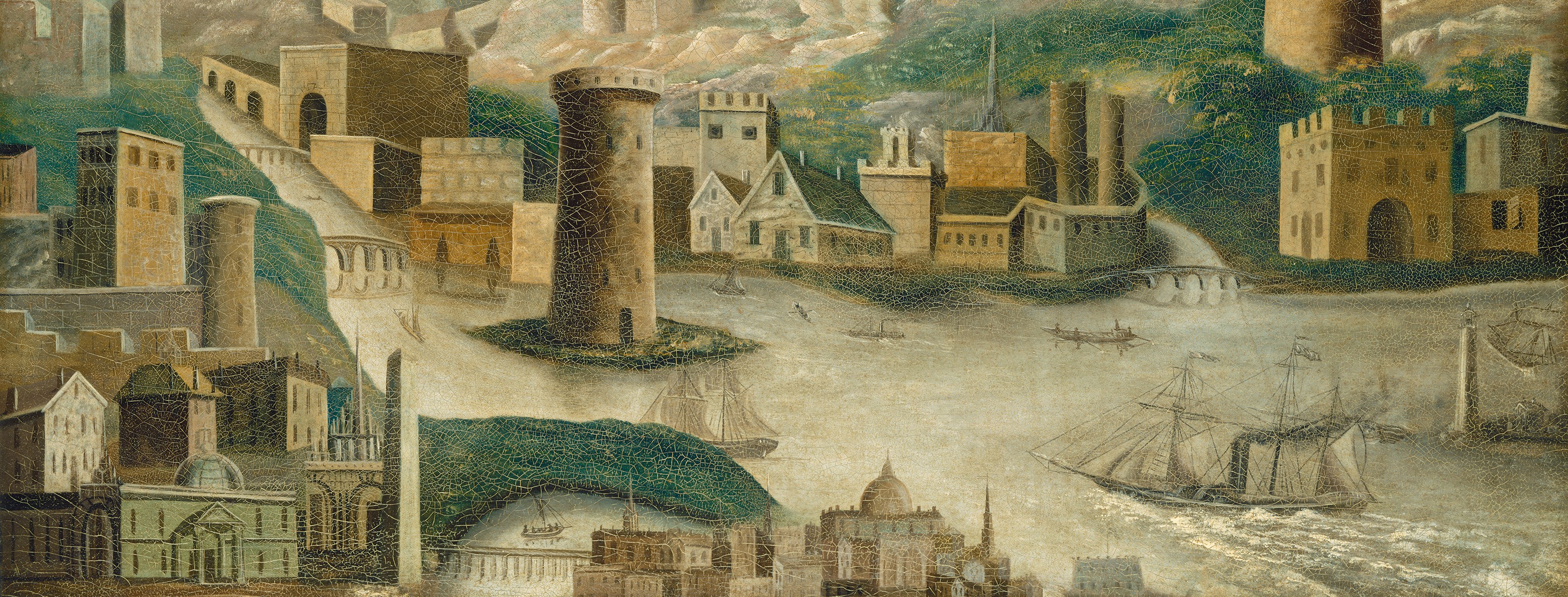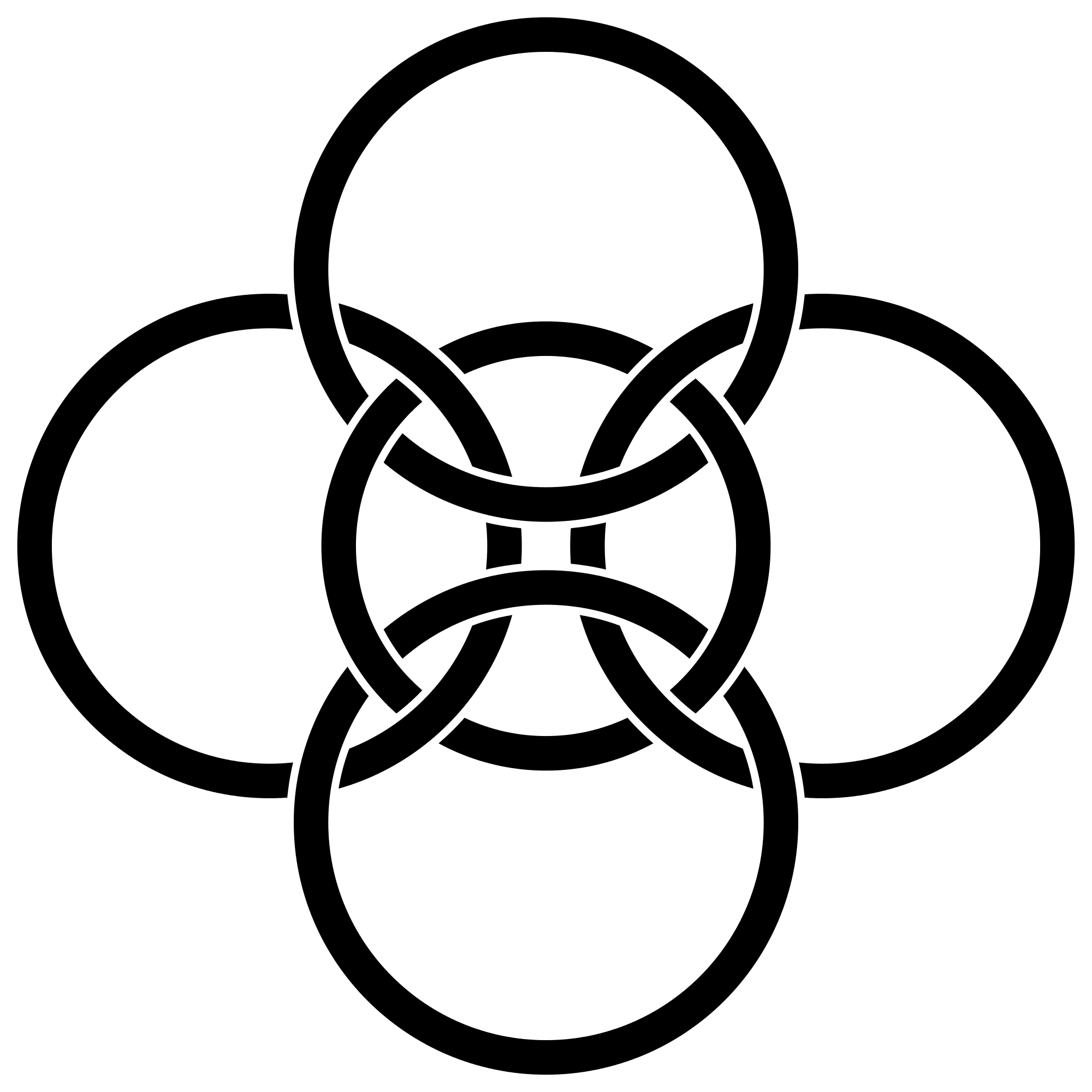Politics of the Five Cities
"The Daearen Alliance of Sovereign States"
- Also known as "The Five Cities," these are five prosperous city-states spread across the continent of Daearen.
- Though these cities are each independent (and have even warred with each other at various points in the past), they share many similarities in law, ruling style, and culture.
- Collectively, the five cities (sometimes called the "Gilded Cities") are known the world over as centers of trade, commerce, art, culture, and religion.
- In all five cities, Humans (and particularly Human magic users) tend to enjoy societal privileges, and find their entrance into the higher echelons of society easier than other races. Most Humans are ignorant of this, however. It's just the way it is.
Vassal Towns
- Each city holds several towns and farmsteads in the surrounding countryside as vassals.
- Vassal towns and farmsteads benefit from protection from their patron city, in exchange for providing the city with taxes and food from their fields.
The Privilege of Magic
- Magic is held in high esteem in all five cities, and those skilled in it's use (referred to collectively as "Mages") are afforded many privileges by both law and culture. However, what qualifies one as a "Mage" in the legal sense is not so simple as just being able to preform a few spells.
- To qualify, one must either be a graduate of or receive equivalent certification (gained at the completion of several grueling trials and tests) from the College of the Magi in Fitheach, or an equivalent magical university in another part of the world, as long as it meets the College's strict accreditation credentials.
- Necromancy and all forms of death magic, as well as any magic that requires one to communicate and make deals with Demons, Devils, Eldritch Abominations, or other beings hailing from other plains of existence, not only don't qualify one for legal Mage status but are also illegal in all five cities. In the non-Human communities of the cities, rumors abound that the sorts of magics traditionally practiced by non-Human races are specifically targeted for non-inclusion by the Mage Certification Board. Concrete proof of this has yet to emerge, but it remains a fact that fewer non-Humans attain the title of "Mage" than humans do.
- Roughly 35% of the population have the legal status of Mage. In Fitheach the percentage is higher, closer to 50%. Clerics and Paladins trained in the city of Dia legally qualify as Mages, though they don't usually take the title.
- The vote of a Mage counts the same as 1 1/2 votes from a non-magical citizen. This is known as the "Scholar's Vote."
Princes and Councils
- Each city-state is ruled by a Prince (a gender neutral term) who is elected for life by a Council of Mages. The exception is the holy city of Dia, which is ruled by the Archon. By law, the Prince must be a Mage, and in living memory only Humans have been elected to the office of Prince (though there is no official law barring non-Humans).
- Mage Councils are elected for life by the citizens of the city they represent. Even qualifying to run for Council election is notoriously difficult, with many politically minded Mages working for half their lives to even meet the credentials. Some find it easier than others, however; accusations of nepotism are fairly common, though rarely voiced outside of a bitter mutter, and the fact that the same aristocratic Mage families can be found serving on the Council going back centuries does little to disprove the theory. It's regarded as something of an open secret.
Crime and Punishment
- Indentured servitude is a common punishment in all five cities. Business owners and nobles appeal to the Prince to be allowed the use of indentured workers. Some businesses owned by nobles in good standing with the Prince run entirely on indentured labor.
- Minor infractions might see the lawbreaker doing a day of work, while more serious offenses can put someone in servitude for several years.
- This is widely assumed by the lower classes to be another process rife with corruption, with many accusations of the city governments overlooking mistreatment of indentured workers. Non-Humans serving or having previously served terms of indentured servitude outnumber humans who have done so. Explanations for this range from accusations of bias on the part of the law to offensive claims that lay the blame on “inferior” cultures.
Economics
- Each city mints their own coins stamped with their own symbol. However, due to decree the coinage of each city is the same weight and composition as that of all the others, so as to maintain a standard currency between the five cities.
- Belenos, center of banking and commerce on the continent, has bank branches in every city. It is the richest city in Daearen, followed closely by Naddred, the great port.
Remove these ads. Join the Worldbuilders Guild










Comments